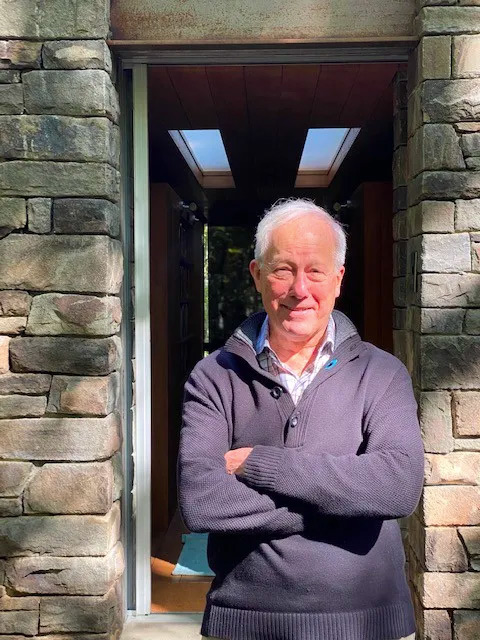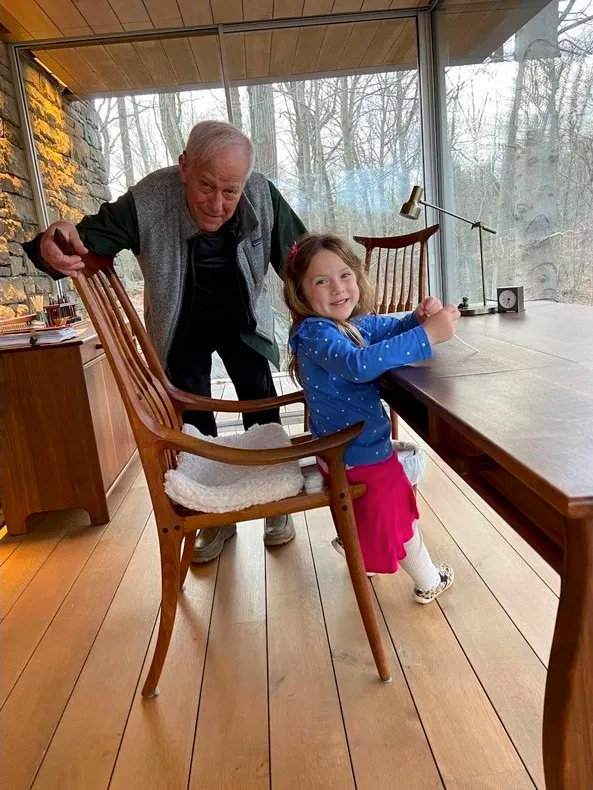Poetry’s main chance, it seems to me, the best of its possible futures, lies in not being buffaloed.

You have just returned from a workshop in which your poems, the manuscript of a first book, were the subject of discussion. It was a summit meeting of eyeglasses, cleared throats, and nodded assents. One of your associates called the work “a visit to the secret corners of the lesser earth,” and congratulated you on “your ability to import unhappiness from the farthest quarters.” Another, however, noted “a predominance of pedantry.” Yet another dismissed it as “a lot of tranquil gossip.” Your advisor, however, was enthusiastic. The poems put him in mind of “the latest trends in barbiturates.” Taken as a whole “they perfect the poem as an artistic fly-by.” He commended you on the logical order of your manuscript, which was put together “in a way that hog callers can understand.” Back home, you must now consider what to do with this advice and who, after all, is to be the authority on what you write.
Poetry’s main chance, it seems to me, the best of its possible futures, lies in not being buffaloed. There are so many who would tell us what to do, who would keep us on the short leash of their disapproval. The problem, to borrow a line on Aristotle, is to get the better of the misologists and eristics. There is a part of us that will not be owned. It is that part which the poet must recognize, accommodate, nurture.
Poetry needs to be incorrect. It needs to use the wrong fork. It needs to live in harm’s way. (Poems are not harmless.) It accosts us on the streets. It offers to wash our windshields. It has criminal instincts and should be ranked with shoplifting and other petty crime. Are poets crazy? At least they are in touch with craziness. I think of the figure of the poet as a man or woman in a dump, holding a broken lamp — a white porcelain fracture of the made. I think of poets as standing in a rest room staring into the opposing mirrors; their business is this parliament of images. Imagination, starting where understanding stops, goes where understanding has not been and cannot go.

Latest Posts
Free Newsletter Sign Up
Join over 5 thousand subscribers. Sign up to receive poems and brief thoughts about the state of the art of poetry a couple of times a month for free.
As a welcome gift, I’ll send you my free, digital version of my latest poetry collection, Between Them a Universe on signup.
Between Them a Universe explores two kinds of relationships we can have as human beings. In the first section, my poems explore the universe of relationships we can have with each other. The poems in the second section explore the universe of our relationships with the world of the non-human.
